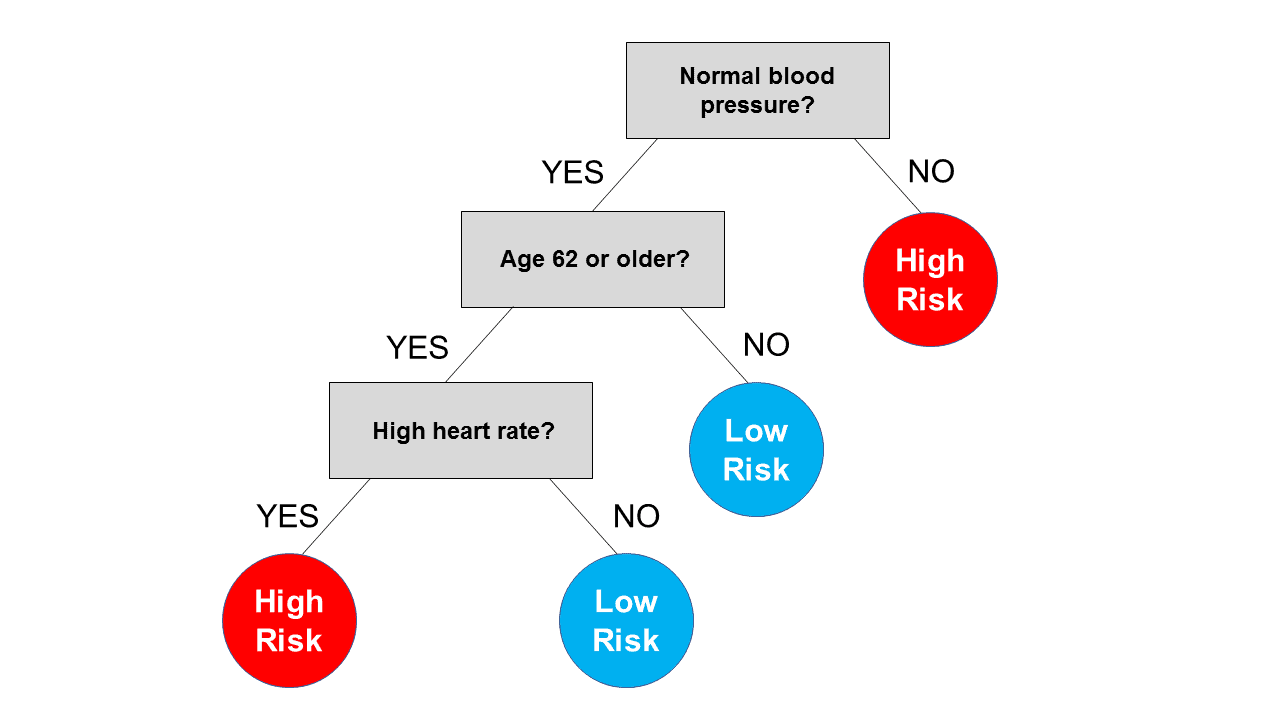Experienced Managers Make Decisions Differently
Managers have to make decisions about people from “Who gets a bonus?” to “Who gets fired?”
What really goes into managers’ decision-making process?
And perhaps more importantly, what decision-making processes differentiate the experienced managers from the newbies?
“The Hard Way” for Managers’ Decision-Making, Logistics
Managers usually have a whole lot of information available to them. This is a good thing in many ways. If you’re going to make a decision that really affects another person’s professional life, it’s best to have all the facts.
But then again, trying to consider all the available information about a person can be very taxing. Especially when managers’ decisions involve considering multiple people at the same time (for example, deciding which person to hire or promote).
Recent research shows that people with little or no managerial experience are twice as likely to make decisions about people “the hard way.” They try to weigh and consider all the available facts—which can take much longer, and is much more likely to overwhelm their attention and memory capacity.
Only about 25% of experienced managers do this.
The “Fast and Frugal” Decision-Making Process for Managers
Considering all the available information might not always be the best option. Other methods for managers’ decision-making can be much more efficient.
Imagine the process that busy emergency room doctors use to prioritize patients.
There is usually a ton of information available: Medical history, charts, description of symptoms, and whatever measurements the hospital might have already taken.
It might not be the best idea to think through every bit of that information—we might get sidetracked or distracted by irrelevant information, and it would almost certainly take too long.
What’s the alternative decision-making process?
Work through a series of simple yes/no questions. Within a matter of seconds, we can determine if a patient is at risk and needs priority. Below is an example of what this type of “decision tree” might look like for symptoms of a heart attack.
Just start at the top and answer yes or no until you reach a conclusion.

That’s the decision-making process most experienced managers use
75% of experienced managers make decisions about people in this sort of sequence.
They probably don’t do it quite like the emergency room example above. But just imagine replacing the symptoms in the previous chart with employee coming in late, missing deadlines, having a bad attitude.
This is how most experienced managers make decisions, whether they even know it or not. It makes sense. Over the years, managers develop more of their own priorities, rules, preferences, and of course their own “pet peeves.”
These preferences create a sort of hierarchy that speeds up managers’ decisions.
Is this decision-making process a good thing or a bad thing?
We don’t know. More research is needed before we can answer that question.
The hospital emergency room example shows that “fast and frugal” can work very well. It can even save lives.
If we’re being optimistic, perhaps 75% of managers are making great decisions about people because they know exactly what they’re looking for (but then again, probably not).
On the other hand, maybe the 25% of managers who carefully consider all the details are the ones who make the better decisions about people. That also seems possible.
Either way, we know that every manager can benefit from a little decision-making help.
Science and technology can bring us the best of both worlds. Managers’ decisions can be made fairer and accurately than on intuitions alone, but also faster and more efficiently than managers making decisions the “hard way.”